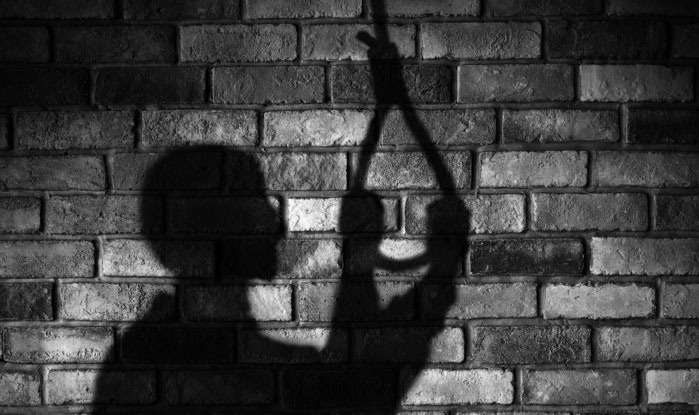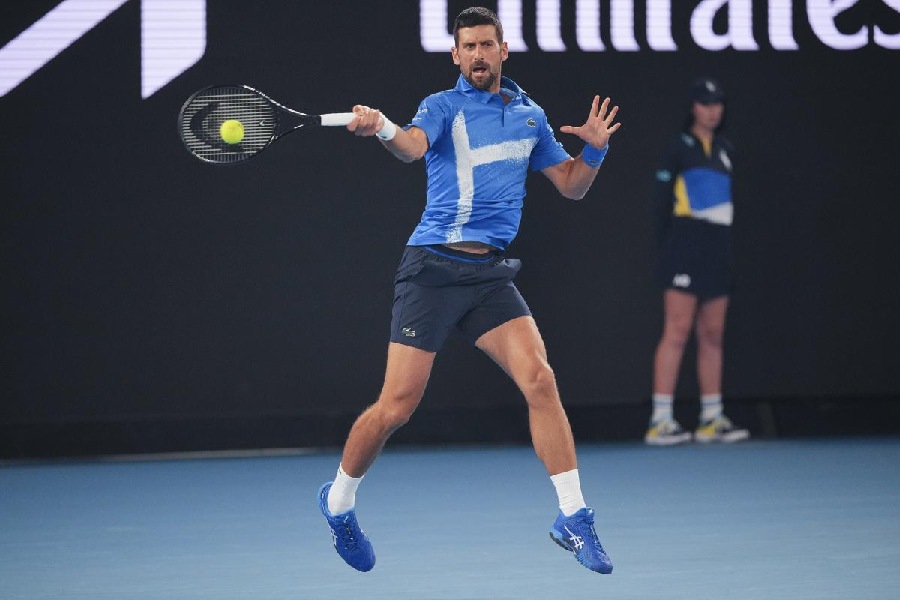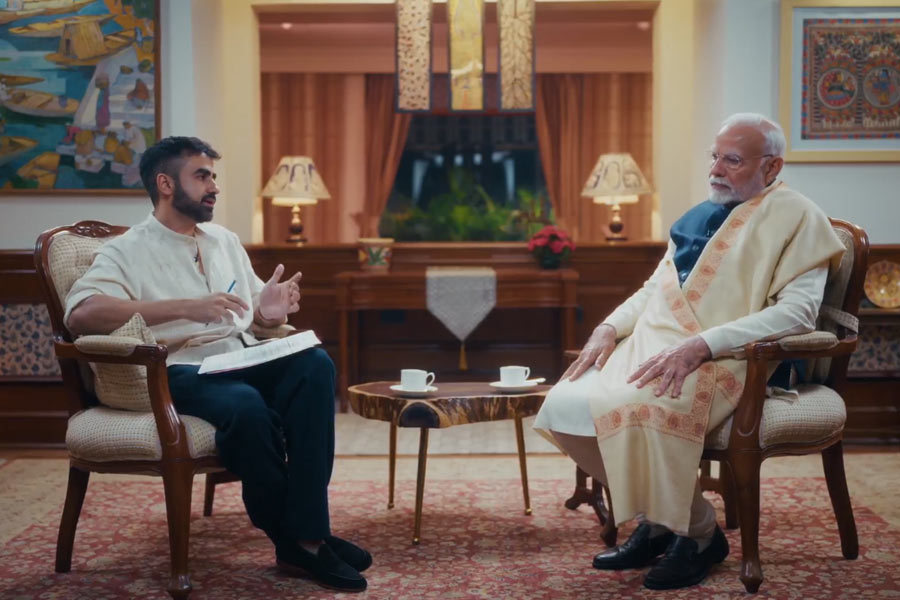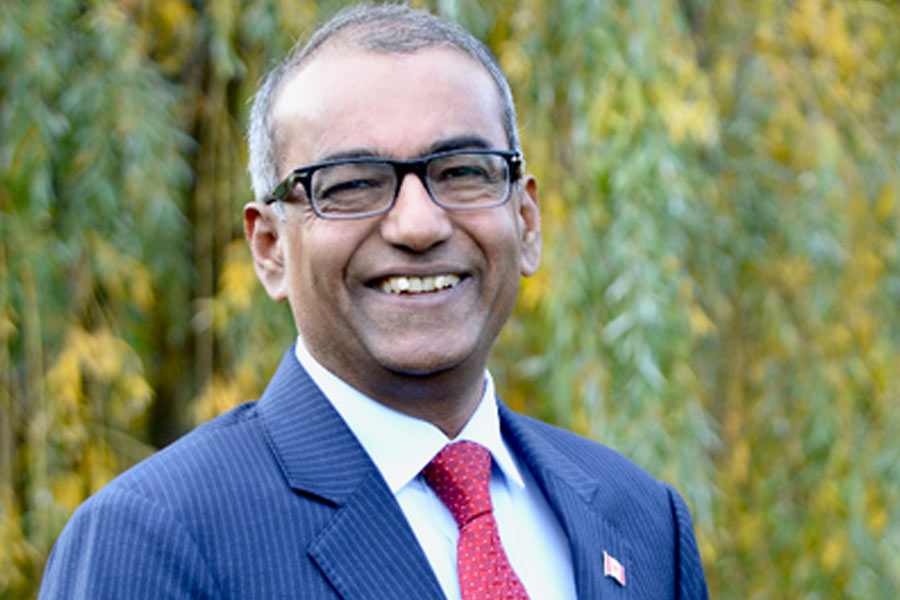VB Chandrasekhar’s suicide has again brought the focus back on sportspersons and their mental conditioning, especially once they are out of the spotlight.
VB, as he was known in sporting circles, owned |-VB Kanchi Veerans in the Tamil Nadu Premier League — many of whose franchise owners are said to have run up big losses.
Police sources said Chandrasekhar slipped into depression following mounting debts and on August 15, he ended his life by hanging himself. A sad end for someone who used to drive a Mercedes Benz to club matches in Chennai.
VB is not the first from sports in India to commit |suicide. VP Sathyan, former India football captain, killed himself by jumping in front a train in July 2006. Closer home in 2012, footballer Srikanta Datta committed suicide owing to acute depression. Last year, Palinder Choudhury, a talented 18-year-old athlete, decided to end his life in New Delhi after an argument with his father over monetary issues.
“VB’s case is different from say a Sathyan’s. VB could |not open up about his financial distress and subsequent |depression because of pride. But the sense of failure be¬came so strong that on the spur of the moment he decided to kill himself. Whereas Sathyan became alcoholic and started gambling after his playing days were over. The common link here is the fragile mental makeup. Sportspersons generally are not that mentally strong off the field,” said sports psychologist Anusheela Brahmachary.
Deep Dasgupta said depression, particularly among cricketers, is a common thing. “Our career ends in the 30's and then you see everyone around you making rapid strides in other professions. So a question creeps into your mind. What do I do now?… When I quit cricket, I was also thinking, now what? Thank¬fully television commentary keeps me busy,” Deep told The Telegraph.
Deep kept on bumping into VB during the 2019 ICC World Cup. “He was doing commentary in Tamil. VB was a knowledgeable person with a wacky sense of humour. Some people found him smug and arrogant, but he had a lovable nature. If someone like VB takes this drastic step, can you imagine what happens to sportspersons who are relatively unknown?”
Dr Amit Bhattacharjee, mental conditioning coach and mentor to Abhinav Bindra, brings in a different perspective.
“When you are playing your body releases dopamine. It’s a happy chemical. Lack of dopamine in the constituent of your body can also lead to sense of worthlessness. |That’s why I insist on meditation. That’s the only remedy to fight depression,” Bhattacharjee said.
Gopi Trajesh Sen, who made the criticall-yacclaimed film Captain on Sathyan’s life, says fear of being irrelevant is also a reason for sportspersons slipping into depression. “Take Sathyan’s case. He was A former India captain. A superb footballer. And then hit the abyss once he left the playing field. Sathyan was suffering from clinical depression and had to take refuge in alcohol. Gambling debts was an add-on. Sportspersons generally are very soft off the field. That’s why they fail to cope with ups and downs in life,” he said.
Amid the gloom one name stands out: Maninder Singh. The former India leftarm spinner battled alcoholism and came up trumps. “When I was down and out, a friend suggested to me to consult a psychiatrist. The fear of get¬ting caught that I am an alco¬holic made me apprehensive. But once I met Dr Amrita Wadhwa (a homeopath) and opened myself it became easi¬er. It also became easier for the doctor to treat me,” Maninder said.
So what’s Maninder’s message? “Confide in your family that you have depression. You cannot live in a cocoon, in a denial that everything is fine.”
One wishes VB had done the same.










